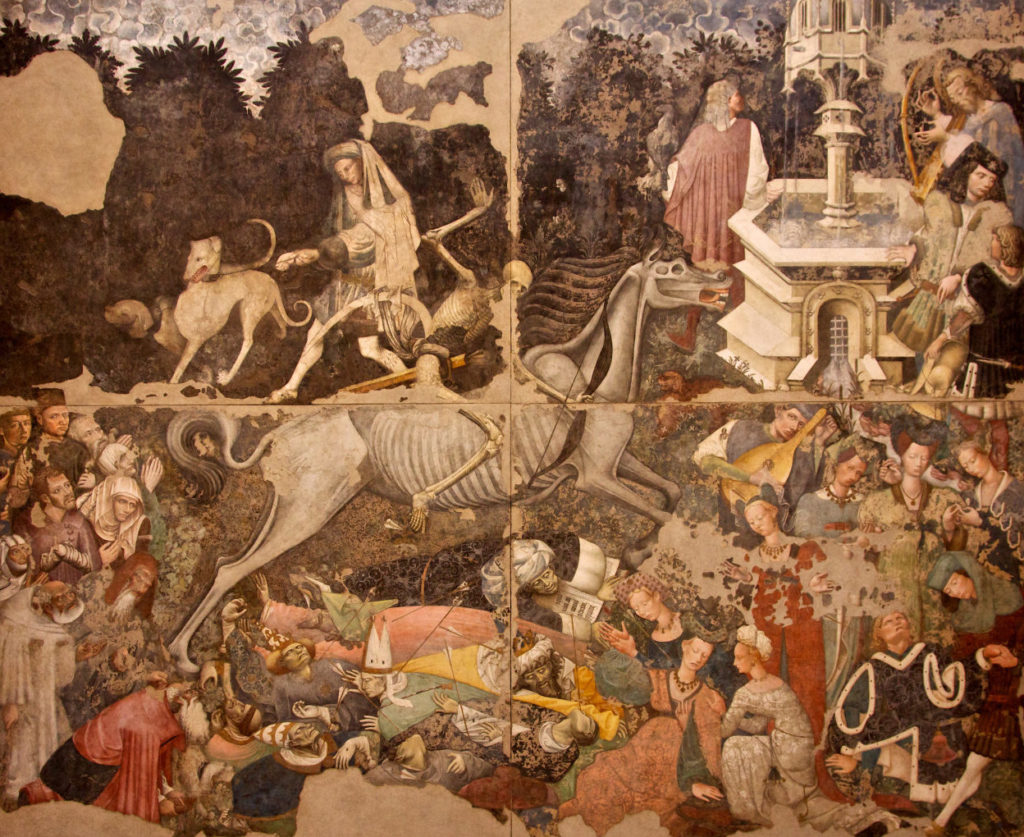
My brother, dear poor little man of God, by means of great sadness and tribulation, of sickness, of leprosy, and of many other miseries, one gains the kingdom of heaven, where there is no sickness or sorrow, and all is pure and white, without stain, more brilliant than the sun. You will go there, if it pleases God. In the meantime, be a good Christian, bear with patience the adversity, and God will be merciful to you.
Sprinkled with Holy Water, in the strength of the Most High, the one spoken to stood, the leper, before the priest. The leper would enter San Lazzaro d’Arce. Dedicated to St. Lazarus, one raised from the dead, the hospital housed a large community of pitiful men and women condemned to suffer amongst one another, lepers never able to be a part of the world again. Here is my perpetual resting place. Here I shall live. This is my vow.
In the lands surrounding the leper hospital all existed within anxiety. Those of a healthy state shared in their own trouble, for all of time and the existence of man suffered in some way or another. Tension regarding loyalties in social rank persisted. The maggiori (lords) and minori (common people) were conflicting, making and demanding acquiescence from one another, the imposing of social wills, opposing camps needing to be right, superior in conviction. Assisi, the city—the commune, centered the common people, gathering them into a united front, however they were no longer so common.
Wealth poured into the commune through mercantile trade, especially in connection with trade fairs occurring in Champagne, France. The exchange of goods, ideas, and customs broadened the minds, means, and ways of the merchants participating. The commune as a whole benefited ideologically and materialistically. The commune was no longer the poor, in fact, in wealth they surpassed the feudal lords. The lords struggled for cash and goods, while the common man relished in abundance. In ideals, they felt the strength to stand alone, abhorring the feudal system as well as the rule of the emperor and the church—eye to eye, tooth for a tooth, equal and persistent in life and choice.
Politically, they no longer desired to be pawns. Autonomy was their determined aspiration. The church was necessary for faith and salvation, however governing was for the people. In principle, the emperor, especially a foreign one, possessed no power, unwarranted in ruling over judicial matters. Might could force subservience, yet it could not change minds seeking freedom and expression undergoing the transformation of materialistic independence. Warfare, a seemingly constant, demanded vigilance. Revolution, ripe for explosion, created fear within the established order the feudal lords traditionally depended upon. The lords diminished in influence as their coffers dwindled and the merchants surpassed them in wealth. Towers of defense and ramification once the pursuit of nobles now witnessed merchants constructing social statements of residing permanence, buildings reaching to the sky declaring strength and the ability to defend on a nation building level.
Neighboring city states presented factions for confrontation. Consortiums based upon noble families, ranks expanding beyond with demand, loyalty, and superior breeding, meant unified elite fighting forces. The nobles maintained refined fighting forces, knighthood the ultimate vocation. The bands of noble knights, chivalry parading, talked of a life of honor and servitude, yet in reality they presented others with marauding, the infliction of will, and brutality. When a damsel of beauty and poor upbringing witnessed the coming of a band of knights and their consorts, she did not repose within security, feeling protected and invested. Rather, she hid, fearing she would be raped and her brothers killed. The chivalric codes was spoken of, mythologized, yet men were men. The noble knights reveling in Italian, Frank, and Germanic lands spread chaos, a state of constant aggressiveness: One in blood and war. Within the feudal system, the nobles and their young men were not perceived as protectors, rather aggressors. If they were not knights they were spoiled university students plaguing the cities. University students, enjoying the rights of clerics, roamed the streets free from legalities, safe from prosecution from minor crimes. University students could steal and carouse with impunity. Striking a student was recognized as the equivalent of striking a religious, excommunication and imprisonment the consequence. Students took advantage of their status, agitating others. The young adults of the nobles lived their lives harassing the common order and those subsisting upon employment. In their current state, the nobles possessed a weakening and unfavorable societal position. Emperor Barbarossa gave the nobles a reprise, yet they were intelligent enough to realize the inevitable. Their time of lording diminished. The world changed. Rome was once the grandest of all civilizations and now there was Italy. Only a short time separated the nobles from days of reckoning. Constructed towers within the city and castles surrounding provided gathering fortifications for defense, however the commune’s wealth, based upon money, materialized mightier. Power fleeting, the feudal lords saw men of their rank deserting to the affluence of the commune.
Alberto stood aside from the confrontation. His indifference bred from experience. The Lords he would never fight for, even if his service to Barbarossa profited them he felt no attraction to their coalitions. He never saw Barbarossa as the emperor. He was Barbarossa, an effective warlord leading to plunder and pillage. He provided courageous, intelligent leadership in regards to warring. Politics played no part. There was no desired end for Alberto. Simple savagery and self-betterment were his concerns, the blocking of an internal raging his concern. Loyal to the death, cynical in mind, wounded at heart, he developed no higher ideals.
The commune he despised for various reasons. They were now the wealthy. He grew up an outcast and poor, an underbelly to a class system that only deepened with the emergence of the merchants as powerbrokers. The pending civil war elicited no emotion or loyalty. Only men of wealth and means were able to have the time and resources to desire a war of consequence. The humble suffer when the mighty disagree. He preferred war for war’s sake. Cursed be he who does not want war and hardships, through which one knows his true friend. In his heart, he desired war for all the poor, those who knew life as he did as a child. It gave release, emancipation and it kissed him. War established his manhood and identity.
To raise a sword for the benefit of one’s self-empowerment, to rise above the constraints of the frustrations of being downtrodden, war provided dreams for the poor. War provided opportunity, the expelling of human misery, the expression of wrath, the releasing of the anger life inflicted. It was the splendor of a crusade. Even if in truth most never attained wealth, the dream they could carried them. O love of far-away land. For you my whole heart is yearning. Booty and materialistic splendor, to shed blood, to fear the shedding of one’s own blood, to be pushed beyond limitations, transformed one. Poverty destroyed through boredom and stagnation, demoralizing a man, stripping him of dignity. Familiarity bred the most horrible of content. All life led to penance, yet war held out a hand of chance for adventure and worldly gain. Like a dice game, fate could be rolled.
For the time being, Alberto gathered himself, a time of stillness and internal healing at hand. A reason for the season, he contemplated not, yet for the first time in his adult life he moved away from war, a reprieve sought. A time of waiting at Lazzaro d’Arce, the leper hospital dedicated to St. Lazarus, watching his mother die, would provide the environment to stay within himself. It confirmed his conviction to have nothing to do with the coming civil war. He wanted to be with his mother as she died. In his heart, he chose nothing except his concern for his mother, over the possibility of everything. Opening his sin laden heart, the existence of the lepers broke his already polluted heart. Forgotten, removed from care, the lepers survived equal to the rats infesting their dwellings. Rats were everywhere at St Lazarus. The dead tossed aside for consumption of rats.
An awful incident upon his first days amongst the lepers magnified his disgust, putting into action efforts to assist. There was a garbage dump located near the rear of the building. Dug underneath the adjacent building, a space allowed the most awful of squealing, a horde of rats constantly sounding. The unholy sound disturbed Alberto tremendously, forcing him into action. Going into warring mode, he deconstructed obstructing structures to reveal a dozen or so rats grown together by their tails, entwined by an unnatural birthing together, a merging of many into an entity of one, a constant struggle for movement. Forcing the unnatural living, squealing mass out into the light of the sun, prodding and dragging it, he performed a merciful execution. Dossing the rats with pitch, he torched the horrendous horde.
A handful of lepers witnessed the crucifying of the rats. Alberto allowed the quenching of boredom and insanity amongst the ill. Following him was a constant gathering of the dying. “Give to the one who begs from you, and do not turn away from the one who wants to borrow from you.” He did what he could while spending time with his mother. He built refuge shelters, fire pits, water crafts for leisure, carts they could tote each other around in, conveniences the lepers could utilize, able to spend time away from the dismal hospital. Alberto, a capable craftsman, even furthered his abilities with the assistance of Ricco.
The condition of the lepers was appalling; the horrendous physical suffering equaled by the mental torment. Demented and enraged, the majority of the lepers existed completely insane, the intensity of sickness extending internally, thought life ravaged, stream of consciousness being overwhelmed. His mother appeared beyond recognition, for no one can lay another foundation, but that which has been laid, which is Christ Jesus. Her eyes possessed a blankness, utter defeat existing within. It could have been another for all the familiarity physical detail provided and the emptiness of personality presented. Her body was ravaged. Her mind deflated, yet something deep could not be extinguished. She recognized him; however he did not recognize her, praise comes not from mortals but from God. In his heart, mind to God, he instinctually knew it was her. The love attempting to emerge could not be mistaken. Her leprosy attacked her vocal chords, disabling her ability to speak, yet absent words, she spoke with a heart blinded by the possibility of light at the end of a tunnel dark for horrible days. The woman he knew as a child was not the woman inside the leper’s grey robe. During the ecclesiastical rite introducing her to the life of a leper, to the death of her former self, do not possess gold or silver or money or carry on their journey a wallet or a sack, nor bread, nor a staff, nor to have shoes, nor two tunics, she was disheartened, yet he recognized her. His mother dying to her former self was the orphaning of himself. He recalled the time clearly. The day his mother was left with was the promise of the Kingdom of God and penance, and nothing else, absolute suffering in the meantime.
As a child, he had no idea his mother was ill. His own life was complicated enough. Raised alone by his mother, it was becoming obvious others wanted nothing to do with him. Children were forbidden to play with him. Adults stared with a strange contempt. His size proved awkward as he towered over children his age. Words penetrated his reality, forcing him to understand he was the bastard child of a priest. Innocence extracted through social interaction, he always had his mother, as she had no one herself.
Isolated, poverty impenetrable, there were good times. Behind closed doors, they enjoyed laughter, and my spirit rejoices with God my savior. He was a natural clown, overflowing with joy, always doing funny things for his mother and she would roar with laughter at his antics. It was so natural for them always to be together, sleeping as one night after night. He took off the shoes from his feet. She was a good reader, teaching well, telling stories. The Bible and chivalry were themes filling his head, being a knight, honor and glory, damsels and treasures. Prayers and deeds of bravery were dreamed awake and asleep. His mother shared in his enthusiasm for life, calling him her knight in shining armor.
Ruination came the day his mother was forcefully taken away. It was one of the reasons he could not support the commune. Their harsh legislation demanding the official hunting down of lepers, crucify the flesh with its vices and sins, declaring it lawful for anyone to physically, even fatally, accost lepers, a blazing with fire, he could not respect. How could he forget the night their door was busted down?
Sleeping soundly, looking up to heaven, the explosion of the door of their small one room living space being broken down violently awoke him. Screams, torches and men poured into their living space. One was loud and leading, a vocal vigilante leader, self-righteous and screaming. Alberto attempted to rise in order to defend his mother however two men took him down, sternly pinning him. Shouts of ‘leper’, and ‘apprehend her’, confused him. He watched the obssessed leader take command of his home. The man, a piece of cloth covering his face, began to preach, moving in on his mother. The man stripped his mother of her garment, holding a torch for the better viewing of her body. Turning back to the crowd, he declared her a leper. The crowd pushed back as a rope was thrown around his mother. Harshly, she was dragged from their diminutive home. He was left alone with bafflement and tears.
“May the Lord give you peace.”


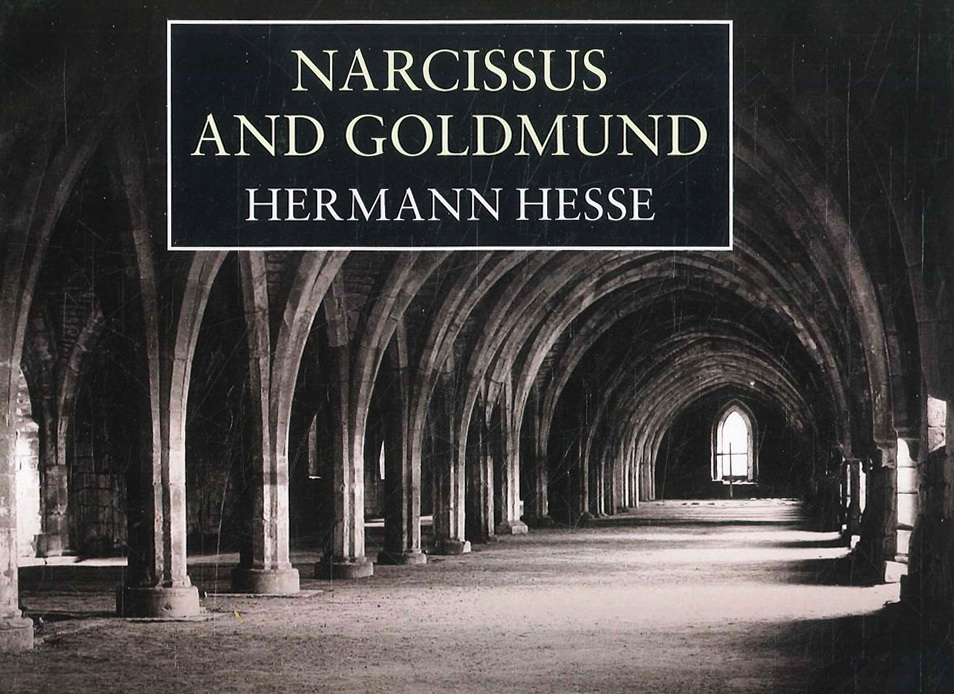
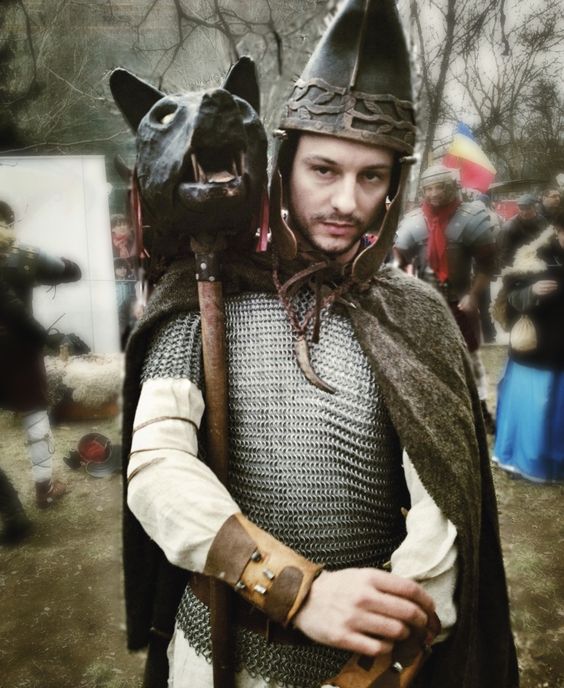


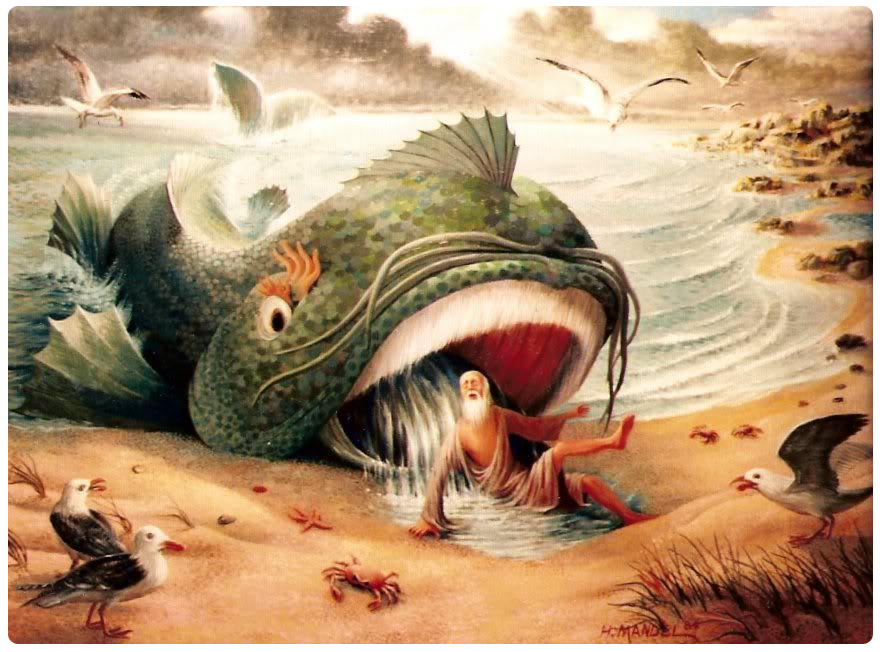
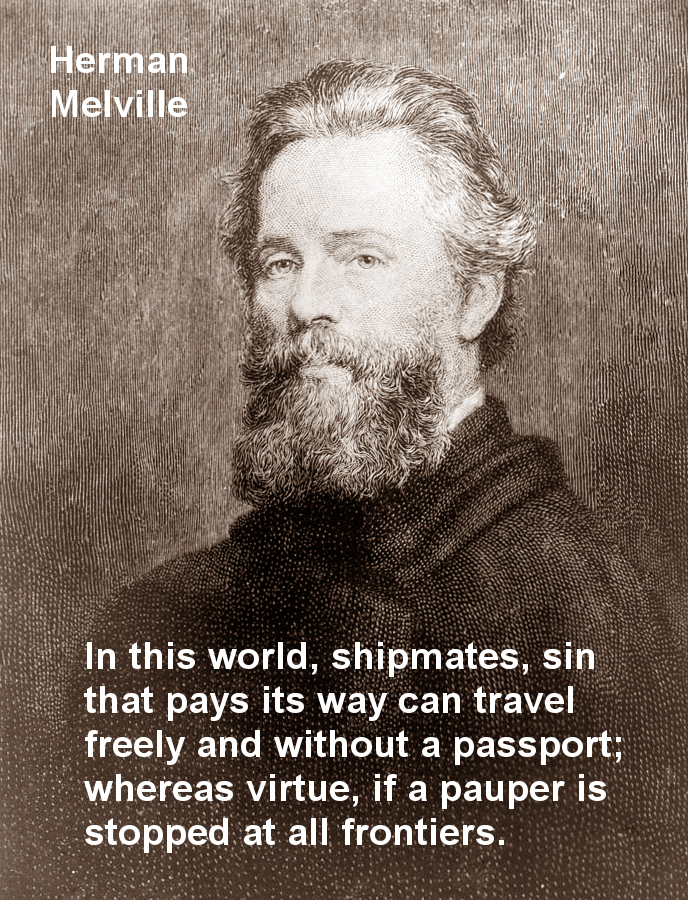
Recent Comments